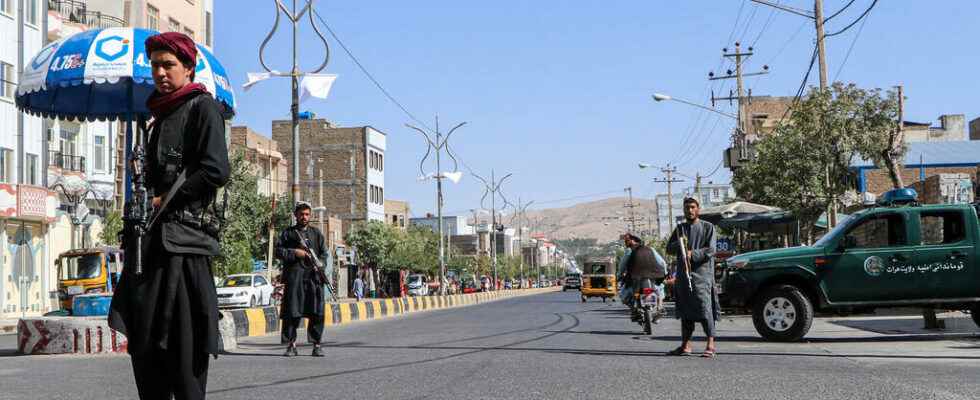One year after the fall of Kabul and the coming to power of the Taliban in Afghanistan, a Taliban delegation from the Ministry of Industry and Trade arrived in Moscow on Monday August 15. Although Russia has not officially recognized this government, just like the entire international community, with the exception of Pakistan, Saudi Arabia and the United Arab Emirates, Russia remains one of the few countries to want, at all costs, to maintain the dialogue with the fundamentalist movement. This strategy has several objectives.
Moscow was one of the only capitals, along with Beijing, to maintain its open embassy in Kabul after the fundamentalist movement came to power.
Russia describes its approach as purely pragmatic: the return of insurgents to Afghanistan is a reality that must be dealt with.
The Russian-Taliban dialogue is maintained, for several reasons which are in Moscow’s interest. Security first, to prevent Tajikistan or other Central Asian countries from becoming the targets of terrorist movements such as the Khorassan branch of the Islamic State.
Preventing the spread of terrorism, drug trafficking or the influx of refugees into its area of influence is therefore a priority for the Kremlin, which is also seeking, in this period of heightened tensions with Washington, to remove as much as possible the installations US military in Central Asia.
►Read also: One year after the fall of Kabul, the chaos of the American withdrawal has also left its mark in Washington
Discussions with the Taliban finally allow Moscow, in its struggle for international influence, to impose the image of a credible partner on states in conflict with the West.
►Also listen: In Kabul, “ the French embassy had become a refugee camp »
